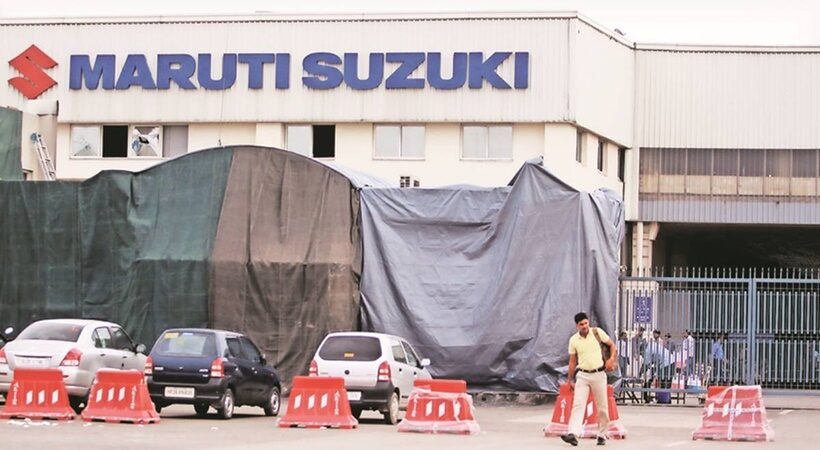India’s anti-trust regulator, the Competition Commission of India (CCI), on August 23 fined Maruti Suzuki Rs 200 crore for restraining dealers from offering discounts to customers beyond the company’s prescribed margins. The CCI also passed a “cease and desist” order against Maruti Suzuki India Ltd. (MSIL), India’s largest car manufacturer, from its discount control policy. Under this policy, if any dealerships and individual employees giving extra discounts are found, they would be penalised.
In 2019, the CCI started looking into raised allegations that Maruti forces its dealers to limit the discounts they offer, increasing competition among dealers and harming consumers who could have benefited from lower prices if dealers could operate freely.
The CCI mentioned in its order, “MSIL not only entered into an agreement with its dealers across India for the imposition of discount control policy amounting to RPM (Resale Price Maintenance) but also monitored the same by appointing Mystery Shopping Agencies (MSAs) and enforced the same through the imposition of penalties.”
The order further added that MSIL hired MSAs to conduct mystery shopping audits and then fined dealerships and individual employees after finding them offering additional discounts. As a result, the CCI also asked the company to deposit a fine of Rs 270 crore within 60 days.
“We have seen the order dated August 23, 2021, published by the Competition Commission of India,” an MSIL spokesperson was quoted as saying by Reuters. “We are scrutinising the order and will take appropriate actions under the law,” commented the spokesperson, pointing out the CCI report. “MSIL has always worked in the best interests of consumers and will continue to do so in the future.”
The company clarified to the regulator that no discount control policy was imposed on dealers during the mentioned period, and they were free to offer any discounts to their customers.
However, the CCI order contained extracts of several emails from 2013 between dealers and Maruti officials, which contradicted the carmaker’s statements and made evident that the “Discount Control Policy was controlled” by Maruti and not its dealers. However, in some emails, it was observed that dealers sought permission to offer discounts above those prescribed by MSIL but were denied permission to give additional discounts.
At times, carmakers limit discounts their dealers offer to customers to prevent price among them. Still, as per Indian law, such a practice is described as “resale price maintenance”, which is banned if it adversely impacts competition.



















